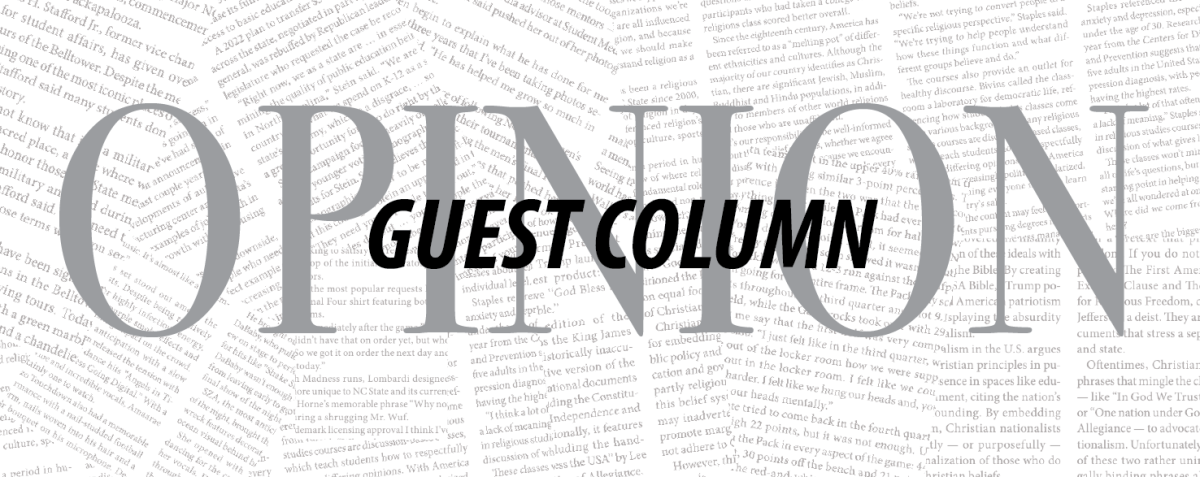On Feb. 5 the University of North Carolina System issued a memorandum to UNC chancellors announcing that “all general education requirements and major-specific requirements mandating completion of course credits related to diversity, equity, and inclusion, or any other topic identified in Section VII of the [UNC System] Equality Policy are suspended.”
The North Carolina State Conference of the AAUP strongly condemns this new policy.
The document’s authoritarian echoes are hard to ignore. The author of the memorandum, UNC-system legal counsel Andrew Tripp, writes openly about program requirements that touch on “prohibited topics.” He cites president Trump’s Jan. 21 executive order to“excise references to DEI and DEIA principles, under whatever name they may appear.” The UNC System, in short, proposes to police the circulation of “topics” and “principles” on its campuses. This overt attempt at thought control constitutes educational malpractice. It also diverges sharply from UNC’s own decades-long traditions of free expression and academic freedom.
Indeed, from the perspective of the AAUP the most intolerable aspect of the new policy is its blithe dismissal of the principles of both academic freedom and shared governance. General education and major requirements reflect the expertise of university faculty whose intellectual control over the curriculum has long been a cornerstone of higher learning in the United States. It is the faculty, as explained in the 1966 joint statement from the AAUP, the American Council on Education (ACE) and the Association of Governing Boards of Universities and Colleges (AGB), that “sets the requirements for the degrees offered in course, determines when the requirements have been met, and authorizes the president and board to grant the degrees thus achieved.” Governing boards, by contrast, are expected to exercise self-restraint and respect for campus autonomy. “The governing board of an institution of higher education, while maintaining a general overview, entrusts the conduct of administration to the administrative officers — the president and the deans — and the conduct of teaching and research to the faculty. The board should undertake appropriate self-limitation.”
Acting in flagrant violation of this principle, the UNC System claims that the preemptive move to eliminate program requirements “related to diversity, equity and inclusion” is necessary to protect federal research funding that could be threatened by perceived violations of “applicable Federal anti-discrimination laws.” Yet both the validity and the legality of anti-DEI executive orders are very much open to debate. They will surely be the subject of extensive litigation. It would be difficult for anyone to argue, in a court or anywhere else, that teaching students about the experiences of people from different regions, religions, communities and perspectives “discriminates” against others. This directive simply reflects and facilitates an ill-advised political agenda.
The UNC System’s rush to comply with dubious orders represents a failure of leadership and a betrayal of genuine academic values. Its effort to sow division between the hard sciences and the humanities — its memo ends by praising “the great work of its doctors, scientists, professors, and researchers tackling seemingly insoluble problems in the fields of science, chemistry, research and medicine” — will prove to be both embarrassing and fruitless. Faculty in all fields reject political interference in the management of university curricula. On their behalf, the AAUP reminds UNC System leaders of their duty to fight strenuously against such political interference, and it requests that this unilateral policy be rescinded.











